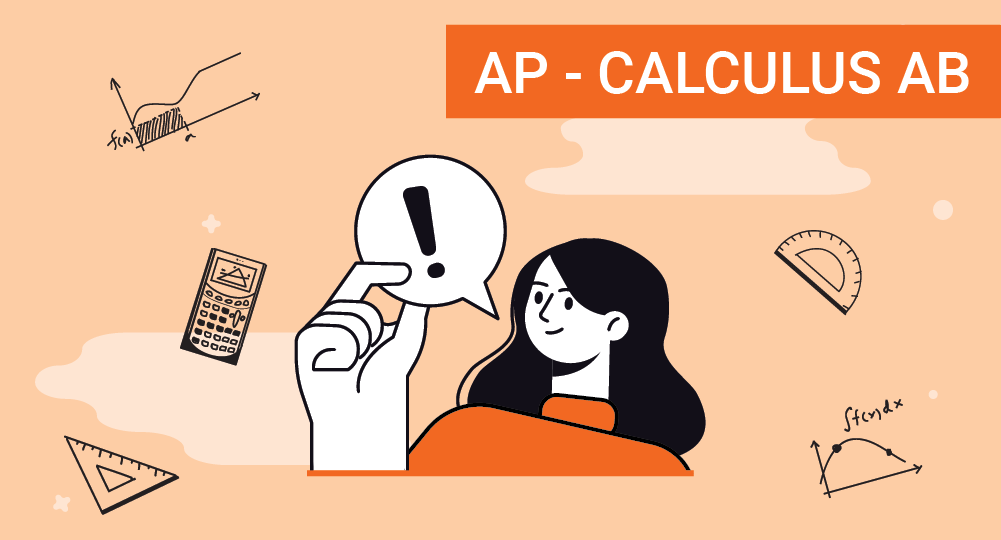
Grade 4 Science
Grade 4 Science curriculum encourages the students to apply their knowledge to compare and study through observations, experimentation, and applications in daily life. Students formulate the answers to questions on each concept, which will provide a clear understanding. Broadly, the curriculum encompasses physical, chemical, biological, and Earth Sciences.
What you'll learn
- 1
Energy - Types of energy, sources of energy, transfer, and conversion of energy.
- 2
Waves - Introduction to waves, types of waves, application of waves in technologies for information transfer.
- 3
Light - Reflection, shadows, types of objects.
- 4
Structure and functions of living organisms – Cells, structures for growth and survival of plants and animals, structures for reproduction in plants and animals, structures for information processing in plants and animals, microorganisms.
- 5
Ecosystem – Introduction to ecosystem, types of ecosystem, relationships, and dependency of organisms on each other, changes in the ecosystem, adaptation, formation of rain, properties of water, and conservation of water.
- 6
Earth's systems – Earth's crust, tectonic plates, weathering, rocks and their formation, minerals, erosion, weather, climate, natural resources, natural hazards.
- 7
Elements and compounds - Elements, compounds, mixtures, metals, and non-metals.
- 8
Chemical reactions - Chemical reactions, photosynthesis and combustion (burning of hydrocarbons), reversible changes (chromatography and distillation).
- 9
Fiber to fabric - Variety in fabrics, natural fibers: cotton, wool, silk, and production of silk.
- 10
Matter and its changes - Classifying and describing matter, properties of matter, how matter can be changed, and thermal energy.
Skills you'll learn
Critical thinking and analytical skills - Analyzing and evaluating the concepts related to the transfer and transformation of energy
Problem-solving skills, creative thinking, experimental design – Analyzing wave phenomena and behavior of waves, practical skills in conducting wave-related experiments, using the conceptual understanding to put it to real-life applications
Optical instrumentation, technical skills – Hands-on experiments involving reflection and shadows, using optical instruments such as mirrors, lenses, and prisms to collect, and analyze data
Observation skills – Observation of different structures within living organisms through dissections and microscopy Anatomy and physiology - Analyzing the role of organs, tissues, and cells in growth, survival, reproduction and perception in organisms
Problem-solving - Analyzing and addressing environmental challenges, such as habitat loss and climate change Observation skills - Observation of natural environment, plant and animal behavior, interactions, and changes in ecosystem over time
Analyzing and evaluating skills - Analyzing and interpreting data from maps to describe patterns of Earth's features such as earthquakes and volcanoes. Evaluating investigations to study the causes and effects of plate tectonics Identifying and comparing skills - Identifying and comparing different rocks and minerals and how they are formed by physical and chemical processes
Classification and applying skills - Classifying different substances into elements, compounds, mixtures, metals, and non-metals based on their properties
Chemical, classification, and experimental skills - Explaining chemical processes and classifying changes as reversible or irreversible based on whether the original substances can be recovered
Classification and applying skills - Classifying fabrics into natural and synthetic based on their sources and properties Identification and describing skills - Identifying and describing the characteristics of natural fibers, such as cotton, wool, and silk
Comparing and contrasting skills - Compare and contrast different types of matter based on their physical and chemical properties Mathematical skills - Measure and calculate mass, volume, density, and temperature of matter using appropriate units and tools Demonstrating skills - Demonstrate and explain the effects of thermal energy on the expansion and contraction of matter


















